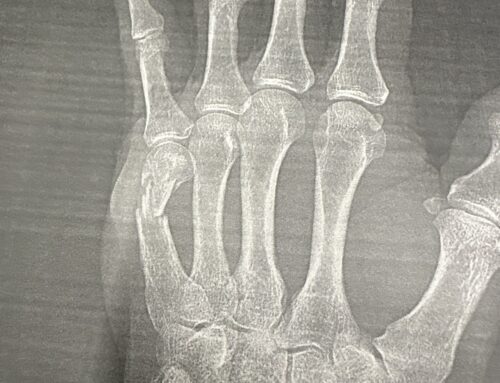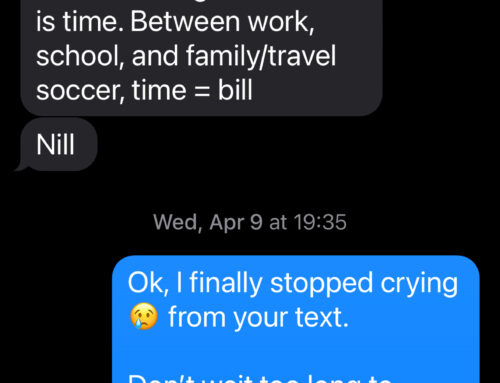
TN50#120, Protect the Brain, Pt. 2, 12 June 2023
Hi Team,
Happy Monday and welcome to The Next 50 #120. I like to think of personal performance in 3 components: physical, mental and emotional. My frameworks focus on 4 Buckets: Eat, Sleep, Move and Think. This blog is my sandbox for sharing information that you might find useful regarding your personal performance.
“This is kind of frustrating because I know that there are literally hundreds of thousands of people listening to us speak right now whose homocysteine is elevated, whose DHA is low, and they are unaware and their doctors are unaware of everything you just said. And there’s no drug (including a $30,000 a month drug) that is going to come close to that level of prevention.” Quote from The Drive Ep. 257, Dr. Peter Attia.
First question, same question as last time: Are you worried about your brain?
Second: Would you get a blood test to check a couple levels? Homocysteine and Omega3 Index
Third: Would you spend some money on supplements to lower your homocysteine and raise your omega3 index?
Right after writing TN50#119 Protect the Brain, I was pleasantly surprised to listen to last week’s episode of The Drive, ep. 257, which was all about cognitive decline and the related diseases and featured Tommy Wood. Here are a couple take aways that are really accessible from a supplement standpoint***.
- You need to get homocysteine low if you want to protect the brain (and heart), remember from Outlast, good for the heart = good for the brain.
- You need to get Omega 3 levels high (DHA is more important than EPA for brain support) if you want to protect the brain (and heart), remember from Outlast, good for the heart = good for the brain.
***You already know that managing these 2 markers doesn’t mean you can ignore the basics: eating well, sleeping well, moving well, maintaining good body weight, maintaining low blood pressure, managing stress – so I won’t even mention it.
Listen up people! There is so much more important information available regarding cognitive performance and disease prevention than you are NOT going to hear from your doctor. You’d have to be braindead not to check out this entire podcast.
As always share the post with your team and anyone who might find it useful and let me know what you think!
Have a good one, Alex
PS. Concerned about dementia? Here’s the good news. The same personal performance factors that support avoiding heart disease, cancer and metabolic disease also support avoiding or degrading dementia related diseases. If you’d like help improving your personal performance as an individual or group, please let me know: alex@fpp.llc



